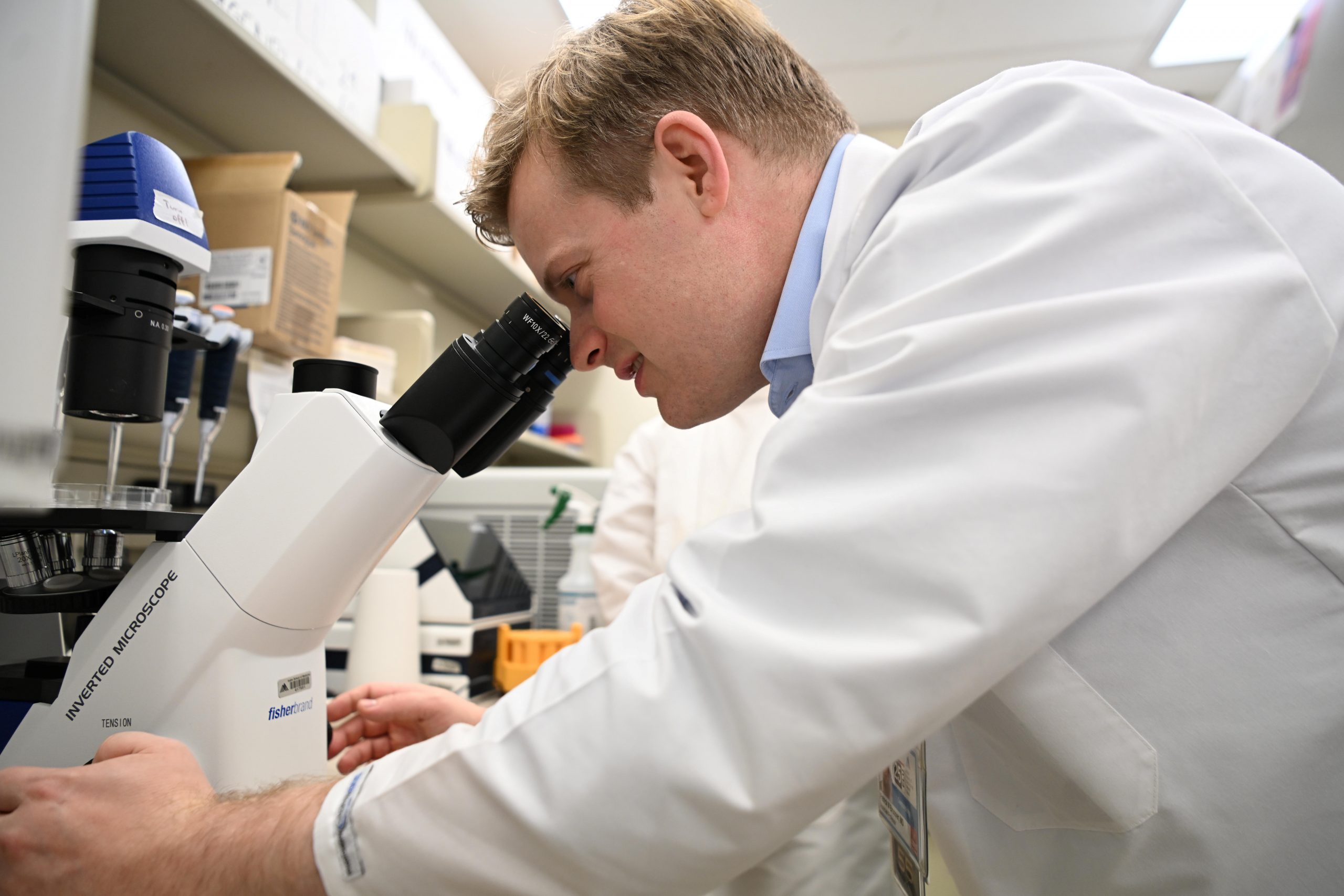Our Mission
Cutaneous lymphomas are a diverse group of diseases that can be challenging to diagnose, are increasingly prevalent, and often lack sufficiently safe and effective treatment modalities, representing a significant unmet patient need. While many primary cutaneous lymphomas are indolent, meaning that they only show slow development or even spontaneous resolution of individual lesions, some progress to advanced-stage disease, drastically reducing the overall survival for patients affected. However, underlying mechanisms still remain only insufficiently understood. With our research, we want to better understand what makes a cutaneous lymphoma indolent vs. aggressive, and harness this information for better treatment approaches. We also want to improve diagnostic tools, as currently, it takes a median of three to six years from the first appearance of a lesion, until a proper diagnosis can be made. By studying cutaneous lymphomas, we can also learn many important aspects of overall skin immunobiology and leukocyte trafficking in this fascinating organ, to increase our general understanding of skin immune-homeostasis. Besides lymphomas, we are also interested in chronic inflammatory skin diseases such as vitiligo and atopic dermatitis, to better understand mechanisms of treatment resistance and spontaneous disease remission.


Clinical Research and Focus
As a clinician scientist with a strong interest in skin immunology, Dr. Brunner is seeing patients suffering from primary cutaneous immune cell malignancies, and also has a general interest in chronic inflammatory skin diseases such as vitiligo, atopic dermatitis, hidradenitis as well as scarring and non-scarring alopecias. His research is aimed at a better understanding of the tumor immunobiology in cutaneous lymphomas, and to develop better treatment modalities for this patient population.
Clinical Focus:
- Alopecia Areata
- Atopic Dermatitis
- Cutaneous Lymphoma
- Hair Loss
- Psoriasis
- Vitiligo
For an appointment concerning Cutaneous T-cell lymphoma (AKA CTCL – a rare type of cancer that manifests in white blood cells and then begins to attack the skin), kindly call the office at 212-241-9728.
Our Approach
We seek to better understand cutaneous lymphomas by studying actual human disease. Novel technologies such as single-cell RNA sequencing, single-cell ATAC-seq, spatial transcriptomics as well as proteomic multiplex assays now allow the characterization of small skin and blood samples at unprecedented depth. These data are then integrated with cutting-edge bioinformatics tools, and validated in independent patient samples. By using such a multi-omics approach, we want to characterize drivers of disease, to ultimately help develop novel treatment approaches, to better serve this patient community.
Funding
Dr. Patrick Brunner has been awarded his first R01 from the National Institute of Arthritis and Musculoskeletal and Skin Diseases of the National Institutes of Health to study “T-cell plasticity mediating treatment resistance and side effects in atopic dermatitis”. Our lab funding mainly comes from the LEO Foundation, American Skin Association, and the National Institute of Arthritis and Musculoskeletal and Skin Diseases.



Aspen Ideas Festival: Mount Sinai Dermatology Services
Dr. Patrick M. Brunner, Associate Professor of Dermatology at the Icahn School of Medicine at Mount Sinai and Dr. Benjamin Ungar, Assistant Professor of Dermatology at the Icahn School of Medicine at Mount Sinai, discuss the latest in Alopecia, Eczema and Skin Screenings.
